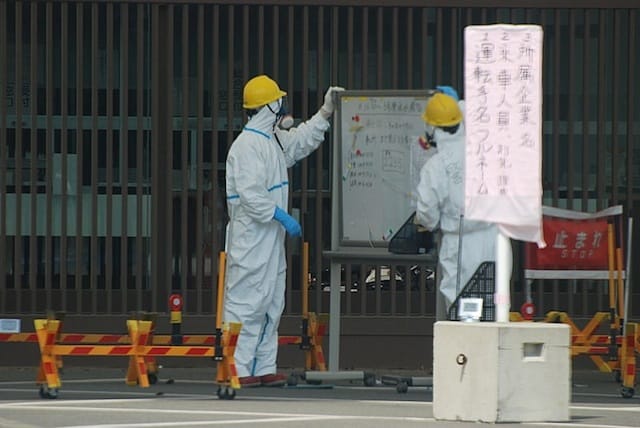Three years after 11 March 2011, the Fukushima Daiichi nuclear disaster continues to affect both the environment and Japan’s politics. In February, a new radioactive water leak was spotted at the site, just the latest report of contamination from the crippled plant.
Last month, Tokyo also saw elections to choose a new governor – a pro-nuclear candidate who emerged victorious, former health minister Yoichi Masuzoe. Mr. Masuzoe is not the greatest fan of nuclear energy, but he shares Prime Minister Shinzo Abe’s view that Japan must continue operating its nuclear power plants, at least for the forseeable future.
Vietnam’s Nuclear Plans
It appears that in Japan, concerns about the safety of nuclear energy are being tempered by pragmatic considerations. A similar story is playing out in Vietnam. It was scheduled to start building its first nuclear plant this year, but construction has now been delayed until closer to 2020. In theory, this is to allow more time to raise Vietnam’s safety standards, though others say the delay has more to do with negotiations on financing and technical matters.
Vietnam is serious about its nuclear ambitions. Last week, United States President Barack Obama approved a new bilateral deal that will allow America to sell nuclear fuel and technology to Vietnam, which already has similar agreements with Japan and Russia.
Lessons for ASEAN
In Malaysia, Indonesia and Thailand, national plans to go nuclear have been in limbo since the Fukushima disaster. But once Vietnam begins building nuclear power plants, other countries in the region could revisit their plans. Within the next decade, more plants could be constructed. Despite this, regional cooperation in South-east Asia on nuclear safety issues is still in its infancy. ASEAN has established a Nuclear Energy Cooperation Sub-Sector Network among government officials, but thus far, collaboration has been modest, such as drawing up a framework for public education.
Right now, there is no widespread sense of urgency among ASEAN countries to cooperate on nuclear safety issues. But both governments and the public must start thinking pro-actively now. Questions remain on how countries can set the right safety standards to prevent accidents, and cooperate in the event of an actual emergency. The anniversary of the Fukushima disaster underscores an important lesson – on the dangers of complacency.




